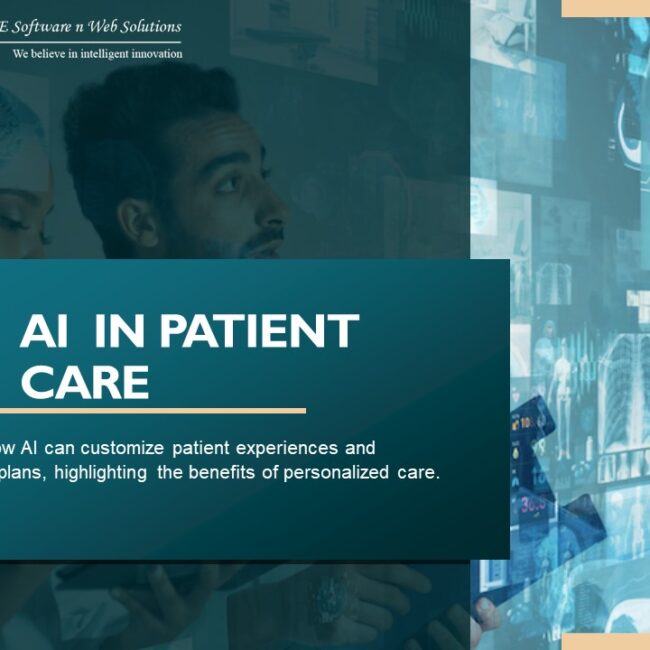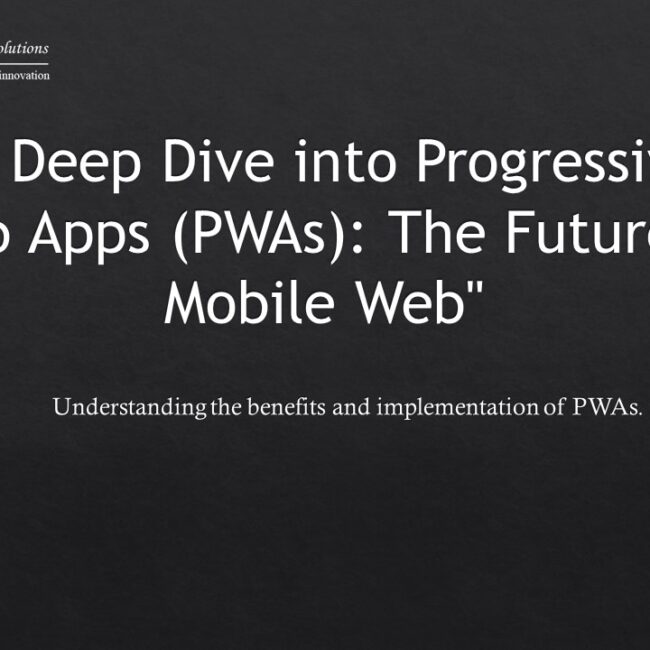
The Role of AI in Personalizing Learning Experiences
In the evolving landscape of education, Artificial Intelligence (AI) has emerged as a pivotal technology in tailoring learning experiences to meet the unique needs of students. This transformative approach not only enhances educational outcomes but also revolutionizes the way educators engage with learners. This blog aims to demystify the role of AI in personalizing learning experiences, specifically tailored to the primary and secondary education sectors, to help industry decision-makers understand its potential and implement it effectively.
Understanding AI in Education
AI in education refers to the use of machine learning algorithms and intelligent systems to facilitate and enhance the learning process. It enables personalized learning pathways, automates administrative tasks, and provides insights into student performance, thereby supporting educators in delivering more effective instruction.
- Personalized Learning Pathways: AI systems analyze students’ learning patterns, strengths, and areas for improvement, allowing for the creation of customized learning plans that adapt in real-time.
- Automated Administrative Tasks: AI can automate grading, attendance tracking, and other administrative tasks, freeing up educators to focus more on teaching and less on paperwork.
- Insights into Student Performance: Through data analysis, AI provides valuable insights into student progress and learning outcomes, enabling educators to adjust teaching strategies accordingly.

AI’s Impact on Learning Experiences
Tailoring Education to Individual Needs
The one-size-fits-all approach to education is becoming obsolete. AI facilitates the creation of personalized learning experiences that cater to the individual learning styles, speeds, and interests of students. This individualized approach helps in:
- Enhancing engagement by aligning content with students’ interests.
- Providing appropriate challenges to students at different learning levels.
- Offering instant feedback to help students improve in real-time.
Bridging Learning Gaps
AI-driven diagnostic tools and adaptive learning platforms can identify learning gaps and provide targeted interventions, significantly improving student outcomes. This technology enables:
- Early detection of areas where students struggle.
- Customized content to address specific learning gaps.
- Continuous monitoring and adjustment of learning paths as students progress.
Implementing AI in Schools
The integration of AI in primary and secondary education requires careful planning and consideration of several factors:
- Infrastructure and Access: Ensuring that the necessary technological infrastructure is in place and that students have access to devices and the internet.
- Data Privacy and Security: Implementing robust data protection measures to safeguard student information.
- Professional Development: Providing educators with the training and support needed to effectively utilize AI tools in the classroom.
- Equity and Inclusion: Making AI tools accessible to all students, including those with disabilities, to promote an inclusive learning environment.

The potential of AI in transforming education is vast. As technology continues to evolve, we can anticipate even more innovative applications that further personalize learning experiences and make education more accessible, engaging, and effective. Future advancements may include:
- Immersive Learning Environments: Using AI to create virtual reality (VR) and augmented reality (AR) experiences that make learning more interactive and immersive.
- Emotion Recognition: AI tools that analyze facial expressions and body language to adjust the learning environment based on students’ emotional states.
- Intelligent Tutoring Systems: Advanced AI tutors that provide one-on-one instruction and support, simulating the experience of learning with a human tutor.

In conclusion, AI holds the promise of revolutionizing the educational landscape by providing personalized learning experiences that cater to the unique needs and abilities of each student. For educators and decision-makers in the primary and secondary education sectors, embracing AI technologies is not just an opportunity but a necessity to prepare students for a future where adaptability and lifelong learning are key. As we move forward, it is essential to approach the integration of AI with a thoughtful consideration of ethical implications, equity, and the holistic development of learners.




